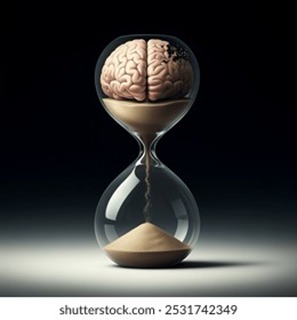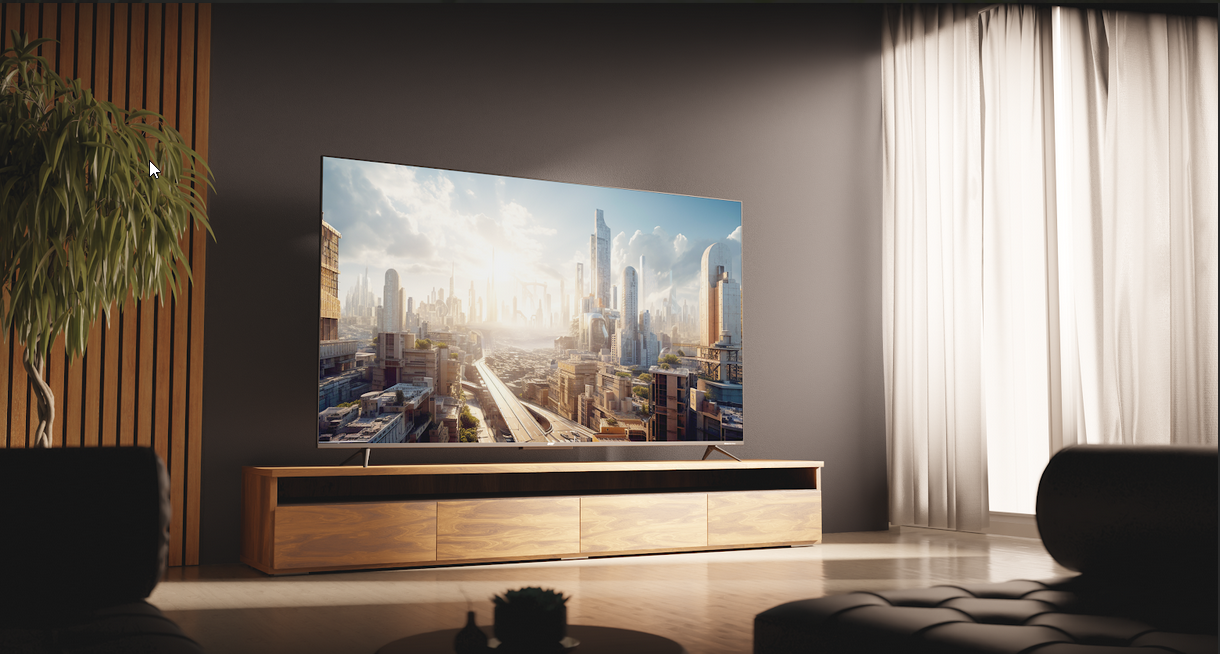Repeated episodes of extremely heavy sweating during sleep, heavy enough to soak your bedclothes or clothing, are known as night sweats. They are frequently brought on by an underlying disease or condition. Sometimes you may wake up after perspiring a lot, especially if you have too many blankets covering you or your bedroom is too warm.
It's not considered to be night sweat if an individual starts perspiring because of clothing or the temperature in their bedroom. Even though night sweats are uncomfortable, they are usually not harmful.
Causes of Night sweats
- Menopause
- Low blood sugar
- Fever
- Drugs, like steroids and antidepressants
- Anxiety
- Hyperhidrosis
- Stress
Night sweats can be a symptom of a straightforward infection, underlying cancer, more complicated infections, such as TB and HIV, connective tissue disorders, menopause, or specific medications. Additionally, it's critical to consider potential psychological factors like night terrors caused by PTSD as a side effect.
If you frequently experience night sweats, make an appointment with your doctor. Disrupting your sleep accompanied by a fever, weight loss, localized pain, cough, diarrhea, or other alarming symptoms.
Night sweat in men
You might experience night sweats if your testosterone levels are low. As you age, your body naturally produces less testosterone. However, other elements, such as trauma, drugs, medical conditions, and substance abuse, can also reduce the amount of testosterone produced.
Some solutions to try to avoid night sweat
- Turning down the temperature in your bedroom
- Removing sheets and blankets
- Wearing cool and comfortable clothes
- Using cooling sprays, cooling gels, or pillows
- Sipping cool water
- Slowing and deepening your breathing to help your body relax
The length of a single occurrence might range from a minute or two to up to five minutes. Night sweats can be minor or quite strong, impairing regular tasks. They might occur at any hour of the day or night. Night-time hot flashes (also known as night sweats) can keep you awake and have a long-term negative impact on your sleep.
Refrain from coffee, alcohol, and spicy meals because these can all raise body temperature and make you sweat more. Night sweats may be reduced if they are avoided, especially in the evening. Before retiring to bed, sip on a little bit of cold water to assist you to stay at a more comfortable temperature. By doing such tasks night sweats can be brought under control.
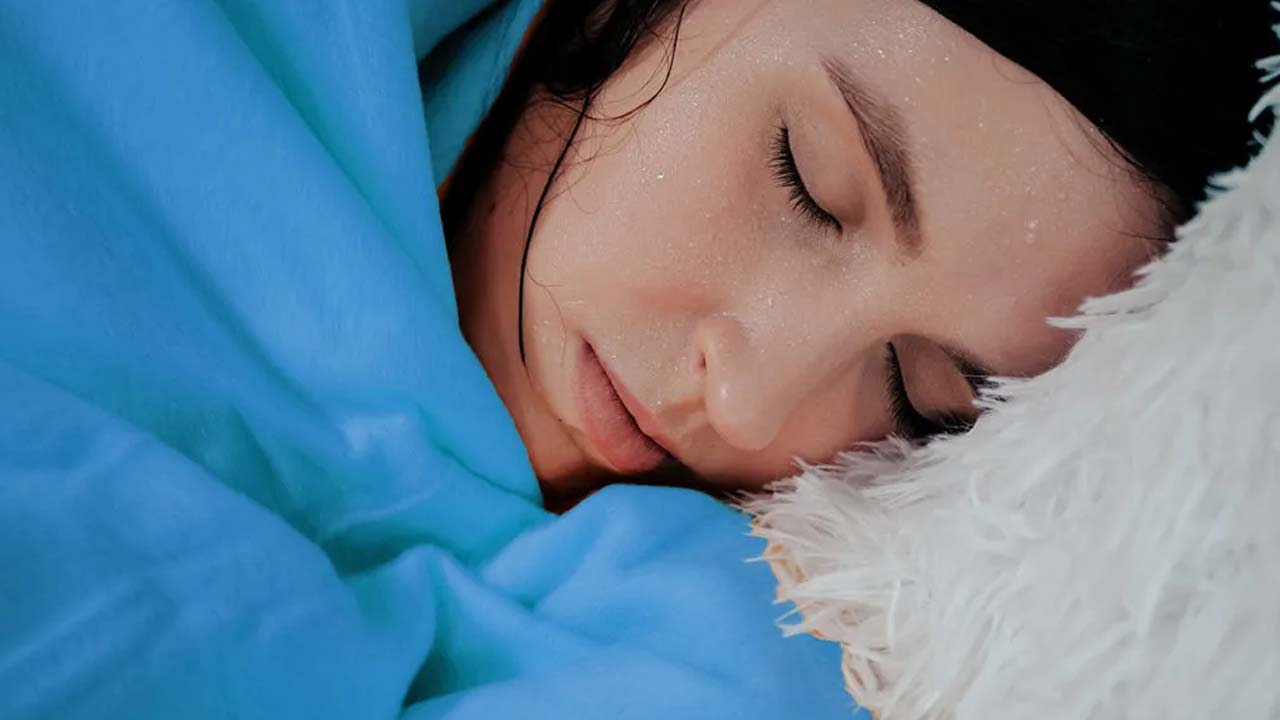
 It's quite common to perspire at night. Depending on how many blankets you use, how warm your room is, and even what you ate before bed, you may sweat a little or a lot. Night sweat is a threat if you face it regularly.
It's quite common to perspire at night. Depending on how many blankets you use, how warm your room is, and even what you ate before bed, you may sweat a little or a lot. Night sweat is a threat if you face it regularly.









.jpeg)

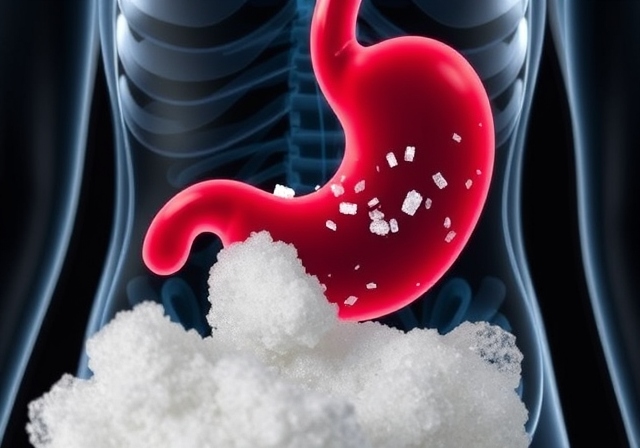
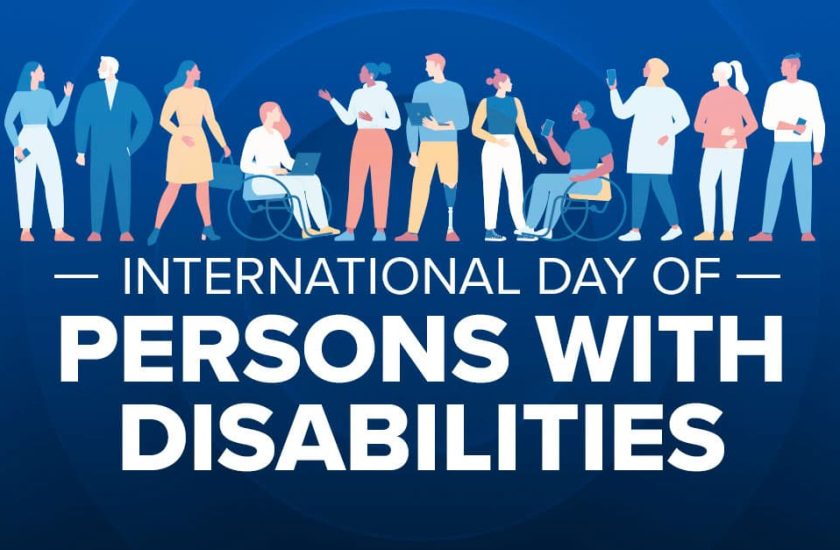
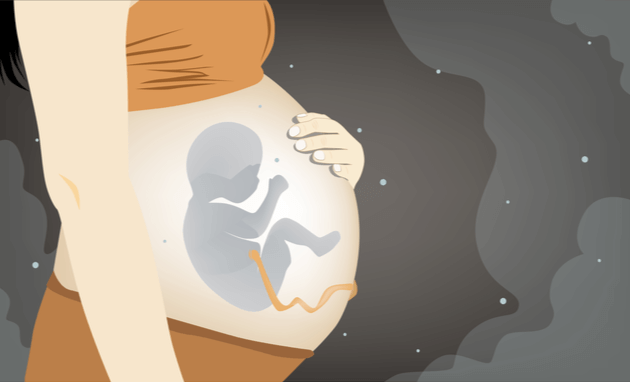



.jpg)







.jpg)
